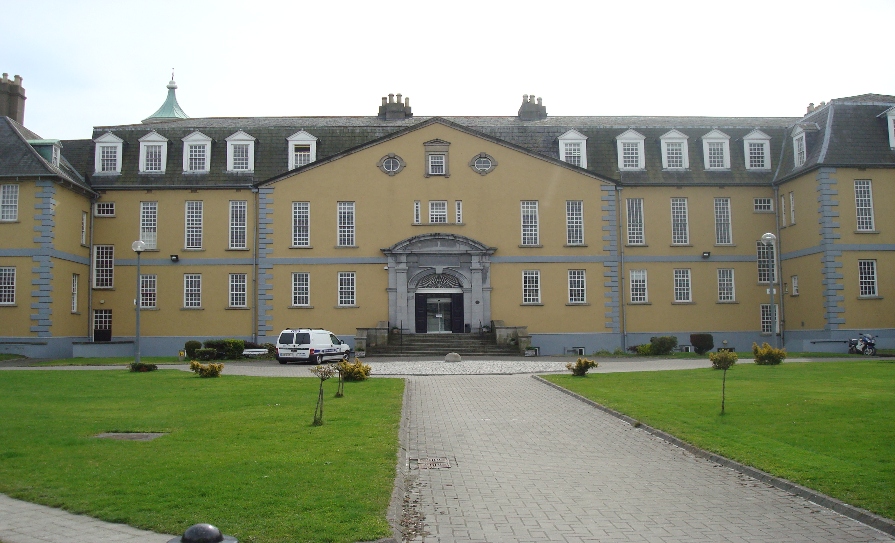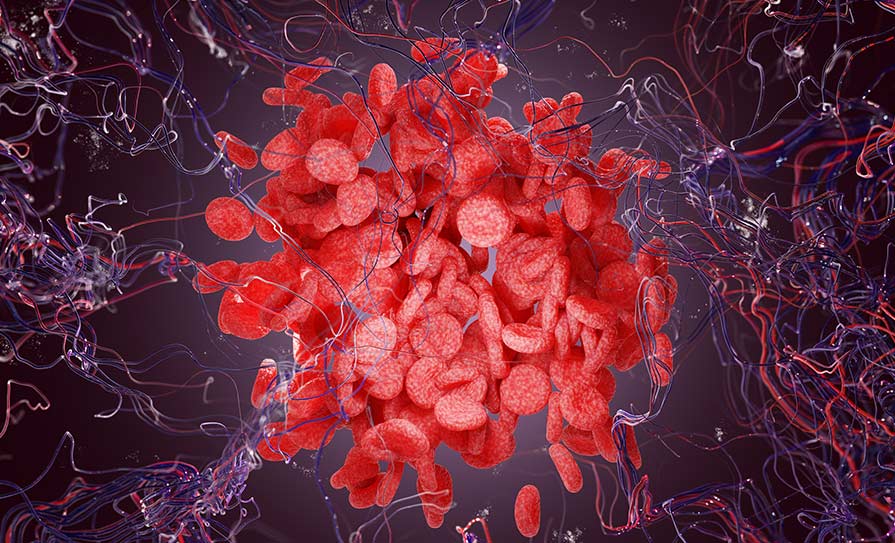The research is published in today’s issue of Nature Communications.
According to the RCSI the study “greatly advances knowledge of the underlying biological causes of epilepsy and may inform the development of new treatments for the condition”.
Researchers compared the DNA of more than 15,000 people with epilepsy to the DNA of 30,000 people without epilepsy.
The researchers found that the majority of current anti-epileptic drugs directly target one or more of the associated genes and identified an additional 166 drugs that do the same.
“This work illustrates the power of scientists collaborating across countries and continents. Discovering these new genes for epilepsy provides important information towards novel treatments for the condition. This is another important step on the road towards curing the epilepsies,” said Gianpiero Cavalleri, Associate Professor at the RCSI Department of Molecular and Cellular Therapeutics and Deputy Director of the FutureNeuro SFI Research Centre.
Consultant neurologist Norman Delanty, Associate Professor at RCSI, FutureNeuro and Beaumont Hospital said “In addition to the biological insights provided by the findings, this study will encourage researchers to develop personalised and precision therapies for patients with difficult and complex epilepsy. This will provide better seizure control and will enable improved quality of life for patients and families.”
Over 150 researchers, based across Europe, Australia, Asia, South America and North America, carried out the research. They worked together as part of the International League Against Epilepsy (ILAE) Consortium on Complex Epilepsies. The ILAE Consortium was formed by researchers in 2010, recognising that the complexity of genetic and environmental factors underlying epilepsy would require research across massive datasets, and therefore unprecedented collaboration on an international scale. Science Foundation Ireland (SFI) part-funded the study.













Leave a Reply
You must be logged in to post a comment.